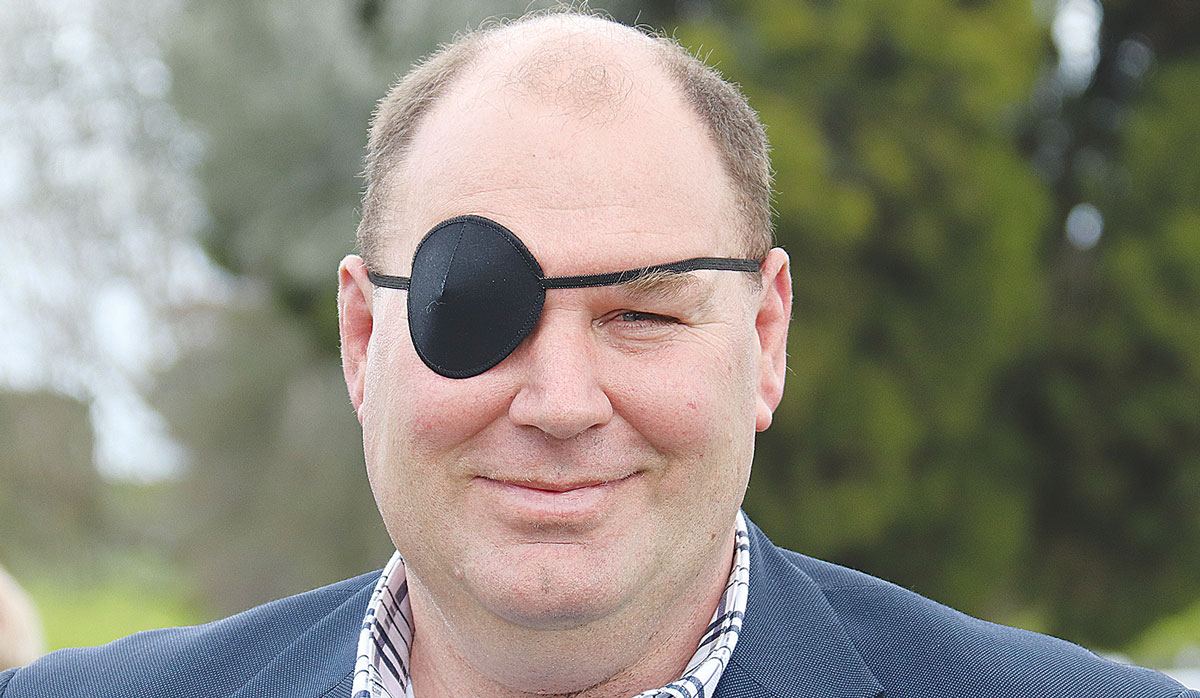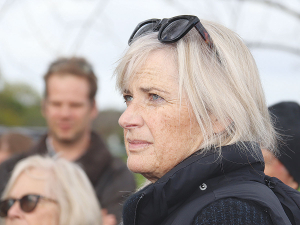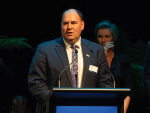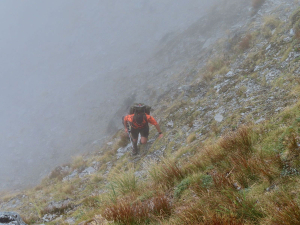One such event was held recently on a farm at Fordell, just south of Whanganui, where nearly 100 people turned up to hear the Associate Minister of Agriculture Andrew Hoggard and two local MPs, Suze Redmayne and Carl Bates, explain the purpose of the meetings.
The actual stage for the speakers was very rural - a loading ramp beside the woolshed from which they could easily be seen and mostly heard by the gathering of farmers from around the district.
Hoggard says the meeting was a good chance to meet farmers, discuss what the new government intended to do and to get feedback from farmers on what they see as their big concerns.
"I have been to a number of these meetings and I have found them really useful in terms of understanding what the big issues are for farmers," he says.
He says wool has predictably been an issue, along with hearing about some of the absurdities of impractical and costly regulations. He says in Taranaki, a farmer was faced with having to put in 250km of fencing to protect waterways on a 500ha farm.
In the end the farmer sold the property to foreign interests because the cost of complying with the regional council demands was uneconomic.
On the issue of wool, Hoggard says the situation is weird with people going on about having sustainable products and loving the environment. "Yet what does everyone do? Buy synthetics.
 |
|---|
|
Associate Agriculture Minister Andrew Hoggard drew many stares when he fronted up to the woolshed roadshow at Fordell, near Whanganui recently with a patch over his right eye. |
"So, what the hell is going on when all the messaging is about natural and yet the reality is the natural is going out of business and synthetics are ruling the roost," he says.
Farmer Issues
At the Fordel meeting, issues raised included the cost of interest rates, water storage, regulations, climate change, the protection of highly productive land, concern about the viability of hill country farms and of course wool.
Local farmer Tim Matthews says he was surprised at the good turnout and praised the agenda of the new Government. He mentioned the high rates bills he now faces, from both the district and regional councils, which he says is making it hard to make a buck.
"It's a pretty ugly and tough year for sheep and beef farmers," he says.
Former Beef + Lamb NZ director Kirsten Bryant who farms locally says she was encouraged by the commonsense approach the Government is taking at this initial stage and trying to make farming easier.
"We have been struggling under this weight of regulation that just seems to be layer upon layer and a lot of it didn't make sense. The way the system was evolving as a bit of a barrier to innovation," she says.
Bryant says the solution to many problems rely on an innovative as opposed to a prescriptive approach, because no one land parcel is the same. She says 99% of the time farmers will figure out a practical solution to a problem.


















